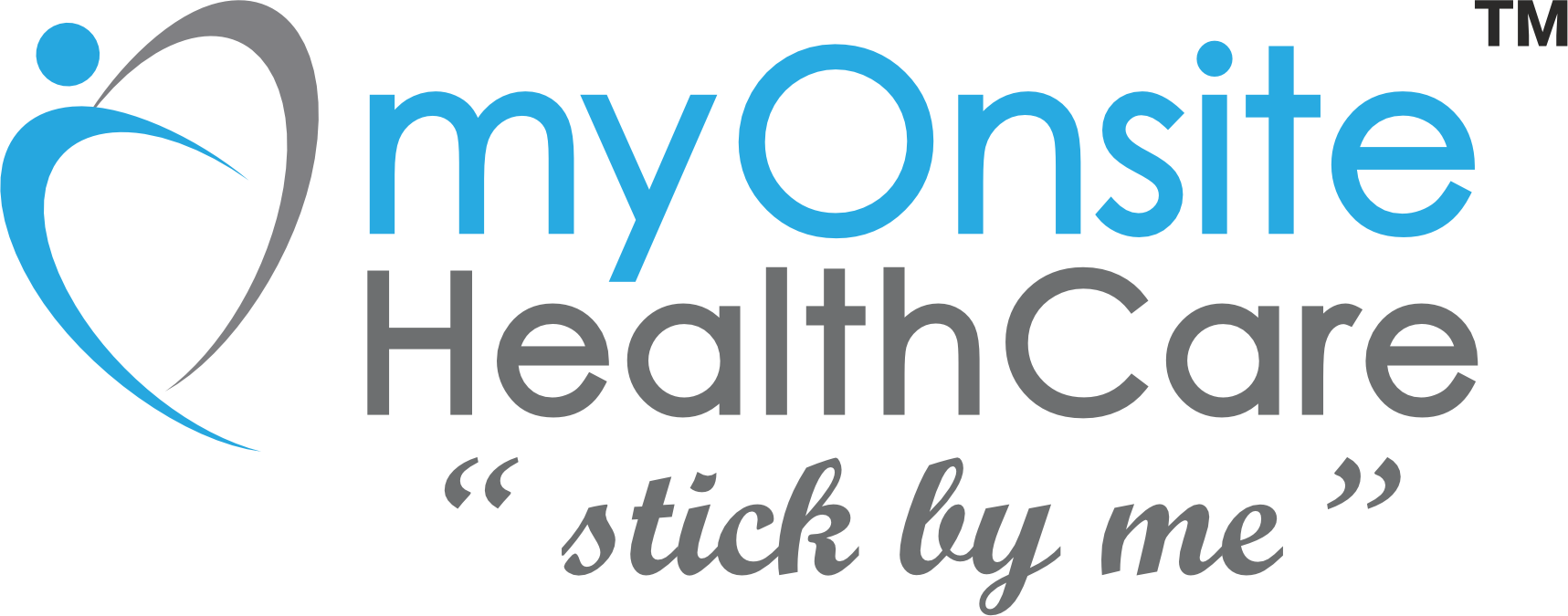This Movember, Let’s Change How Men Care for Their Health
So here we are — it’s November again, and suddenly moustaches are everywhere. But this isn’t just some hipster trend. Every fuzzed-out upper lip you see is a reminder: men’s health still needs serious attention.
Movember started back in 2003 with a handful of guys in Australia. Fast forward to today, and it’s a global movement with one goal — get men talking about their health and actually doing something about it.
Here’s the truth: a lot of guys are still putting off doctor visits, ignoring warning signs, or just trying to “tough it out.” Movember is about changing that — one conversation, one check-up, one moustache at a time.
Where We’re At in 2025
Let’s just look at the facts:
- Men are significantly less likely than women to go in for preventive care.
- They’re around 3.5 to 4 times more likely to die by suicide
- And they’re more likely to suffer — and die — from liver disease, heart problems, and high blood pressure.
According to the Centers for Disease Control and Prevention (CDC), many men already report poorer health outcomes and lower healthcare usage.
So yeah, the gap between awareness and action? Still pretty wide.
Movember helps close that gap — by turning men’s health into something everyone talks about. Not just doctors. Families. Friends. Workplaces. Communities.
Let’s Break It Down: The Big 3
Mental Health (The One Nobody Talks About)
Most guys don’t say it out loud, but stress, anxiety, and depression are real — and way more common than people think. Add the pressure to “man up” or stay strong for others, and a lot of men end up suffering in silence.
What actually helps?
- Checking in on your friends — especially the quiet ones
- Treating therapy like any other kind of self-care
- Making space to talk about hard stuff without judgment
Honestly, just saying “Hey man, you good?” can make a difference.
Check out our mental health support tips here.
Prostate Cancer (The One That’s Easy to Catch Early)
About 1 in 8 men will get prostate cancer. But if you catch it early, it’s very treatable.
Here’s what to know:
- If you’re at average risk, start a discussion about PSA screening at age 50 . If you’re high risk (e.g., Black men or strong family history), start the discussion at 45; some experts advise 40 for the highest risk.
- Don’t wait for symptoms — early stages usually don’t show any
- Leading health bodies including the American Cancer Society now recommend shared decision-making with your doctor about screening
It’s a quick conversation. It could save your life.
Testicular Cancer (The One Young Men Need to Know)
This one hits men 15–35 — and it’s very curable if caught early.
Guidelines do not recommend routine screening or monthly self-exams for asymptomatic men (USPSTF Grade D). Instead, know what’s normal for you and seek care promptly for any new lump, swelling, or change.
Prevention Isn’t Complicated
You don’t need a gym membership and a meal plan to start taking care of yourself.
- Walk for 30 minutes a day
- Eat real food — fruits, veggies, lean proteins
- Sleep like it matters (because it does)
- Cut back on alcohol and quit smoking if you can
No one’s asking you to be perfect. Just start somewhere. Movember is the perfect excuse.
What myOnsite Healthcare Is Doing
At myOnsite, we believe awareness is just step one. Access and action matter more.
That’s why we:
- Bring lab work and health screenings to your home or workplace
- Offer on-demand testing with quick, digital results
- Support outreach programs that educate men in the real world — not just online
Our mobile teams see this every day: when it’s easy and private, men are way more likely to say yes to care. So we’re making it easy.
Real Talk: What You Can Do This Month
You don’t need a fancy campaign. Just do one thing:
- Start a conversation.
- Schedule a checkup.
- Text your friend, your dad, your coworker — and ask how they’re doing.
Movember isn’t about being perfect. It’s about showing up. One action at a time.
